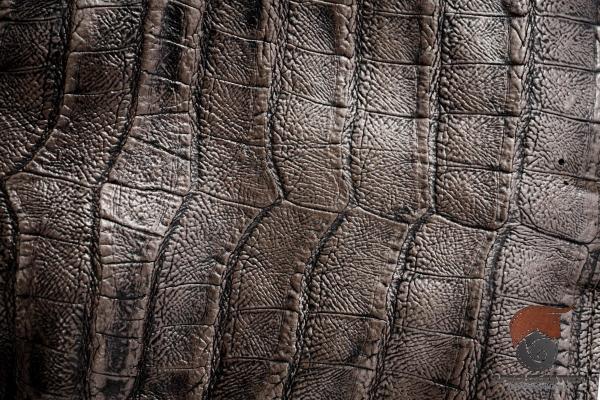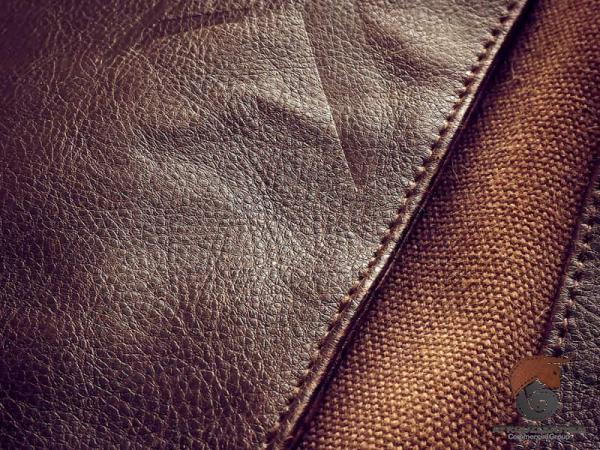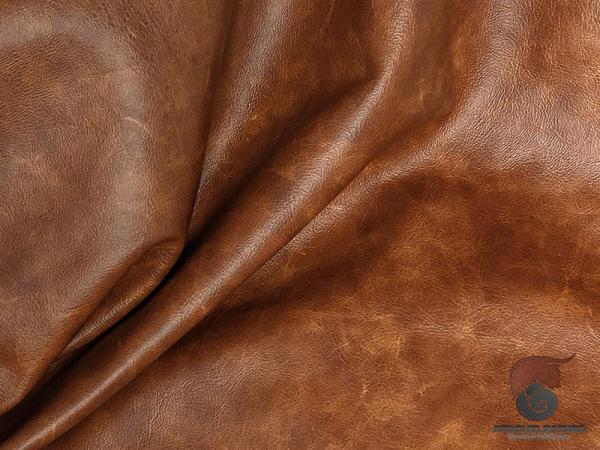Vegan leather, also known as faux leather or synthetic leather, is a widely used alternative to traditional leather materials. It is gaining popularity due to its cruelty-free nature and sustainable attributes. Vegan leather offers a wide range of benefits and has become a preferred choice for various industries, including fashion, automotive, and furniture. This summary explores what vegan leather is, its manufacturing process, the advantages it offers, and its potential impact on the environment. Vegan leather is a man-made material that replicates the look and feel of genuine animal leather without using any animal products. It is typically composed of a base fabric coated with a synthetic material such as polyurethane (PU) or polyvinyl chloride (PVC). PU leather is more commonly used due to its softer texture and more authentic appearance.
leather
 PVC leather, on the other hand, is cheaper to produce but is often criticized for being less eco-friendly. The manufacturing process of vegan leather involves multiple stages. The base fabric is usually made of polyester or nylon and can be sourced from recycled materials to enhance sustainability. This fabric is then coated with a layer of synthetic material, which is designed to mimic the texture and appearance of real leather. Additional treatments such as embossing and dyeing are often applied to enhance the aesthetic qualities of the material. One of the primary advantages of vegan leather is its cruelty-free nature. Traditional leather production involves the slaughter of animals, which has raised ethical concerns. Vegan leather offers a guilt-free alternative for individuals who want to avoid supporting animal cruelty. Additionally, vegan leather is generally more affordable than genuine leather, making it accessible to a broader range of consumers. Another benefit of vegan leather is its sustainability. Traditional leather production involves extensive resource consumption, including large amounts of water, land, and energy.
PVC leather, on the other hand, is cheaper to produce but is often criticized for being less eco-friendly. The manufacturing process of vegan leather involves multiple stages. The base fabric is usually made of polyester or nylon and can be sourced from recycled materials to enhance sustainability. This fabric is then coated with a layer of synthetic material, which is designed to mimic the texture and appearance of real leather. Additional treatments such as embossing and dyeing are often applied to enhance the aesthetic qualities of the material. One of the primary advantages of vegan leather is its cruelty-free nature. Traditional leather production involves the slaughter of animals, which has raised ethical concerns. Vegan leather offers a guilt-free alternative for individuals who want to avoid supporting animal cruelty. Additionally, vegan leather is generally more affordable than genuine leather, making it accessible to a broader range of consumers. Another benefit of vegan leather is its sustainability. Traditional leather production involves extensive resource consumption, including large amounts of water, land, and energy.
Specifications of leather
 On the other hand, vegan leather production requires fewer resources, especially when recycled materials are used. Furthermore, vegan leather does not produce harmful waste substances such as animal waste, which can have detrimental effects on the environment. Vegan leather also offers versatility in terms of design and customization. It can be made to replicate various types of animal hides, such as cowhide or ostrich skin, and can be dyed in a wide range of colors. This flexibility allows manufacturers to meet the demands of different markets and consumers. While vegan leather has several advantages, it does have certain limitations. Its durability and longevity may not match that of genuine leather, especially in high-wear applications. However, advancements in manufacturing techniques have improved the durability of vegan leather to a great extent. Additionally, some critics have raised concerns about the environmental impact of synthetic materials like PU and PVC.
On the other hand, vegan leather production requires fewer resources, especially when recycled materials are used. Furthermore, vegan leather does not produce harmful waste substances such as animal waste, which can have detrimental effects on the environment. Vegan leather also offers versatility in terms of design and customization. It can be made to replicate various types of animal hides, such as cowhide or ostrich skin, and can be dyed in a wide range of colors. This flexibility allows manufacturers to meet the demands of different markets and consumers. While vegan leather has several advantages, it does have certain limitations. Its durability and longevity may not match that of genuine leather, especially in high-wear applications. However, advancements in manufacturing techniques have improved the durability of vegan leather to a great extent. Additionally, some critics have raised concerns about the environmental impact of synthetic materials like PU and PVC.
buy leather
 These materials are derived from fossil fuels and can contribute to pollution during their production and disposal. However, ongoing research and development in the field of sustainable materials aim to address these concerns. The fashion industry is one of the largest consumers of vegan leather. Many international fashion brands are adopting vegan leather in their collections to meet the growing demand for ethical and sustainable fashion. The use of vegan leather in footwear, handbags, and accessories has become particularly popular. Automotive companies are also incorporating vegan leather in their vehicle interiors as a more sustainable alternative to genuine leather. Moreover, the furniture industry is embracing vegan leather due to its versatility, durability, and affordability. In conclusion, vegan leather offers a cruelty-free and sustainable alternative to traditional leather materials. Its manufacturing process and use of synthetic materials reduce environmental impact and contribute to ethical fashion and design. While there are certain limitations to vegan leather, ongoing research and development aim to overcome these challenges. With the increasing global shift towards ethical and sustainable practices, the demand for vegan leather is expected to continue growing across various industries.
These materials are derived from fossil fuels and can contribute to pollution during their production and disposal. However, ongoing research and development in the field of sustainable materials aim to address these concerns. The fashion industry is one of the largest consumers of vegan leather. Many international fashion brands are adopting vegan leather in their collections to meet the growing demand for ethical and sustainable fashion. The use of vegan leather in footwear, handbags, and accessories has become particularly popular. Automotive companies are also incorporating vegan leather in their vehicle interiors as a more sustainable alternative to genuine leather. Moreover, the furniture industry is embracing vegan leather due to its versatility, durability, and affordability. In conclusion, vegan leather offers a cruelty-free and sustainable alternative to traditional leather materials. Its manufacturing process and use of synthetic materials reduce environmental impact and contribute to ethical fashion and design. While there are certain limitations to vegan leather, ongoing research and development aim to overcome these challenges. With the increasing global shift towards ethical and sustainable practices, the demand for vegan leather is expected to continue growing across various industries.

Your comment submitted.